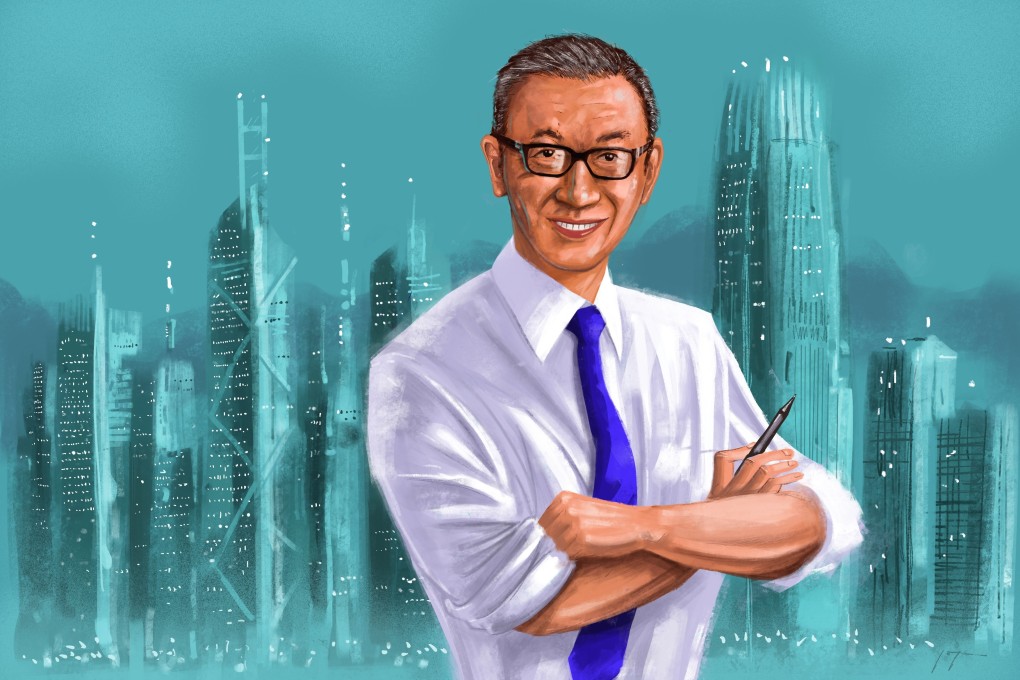Advertisement
Dispatches from Hong Kong: the Post’s Wang Xiangwei looks back on 3 decades of reporting on China
- As he prepares for the next stage in his career, the former editor-in-chief reflects on a country, a city and a newsroom that have undergone major transformations
- Reporting on China has never been more challenging and Hong Kong remains vital to telling that story, he says
Reading Time:9 minutes
Why you can trust SCMP
5

South China Morning Post editorial adviser Wang Xiangwei has spent three decades in journalism covering the remarkable rise of China into a global powerhouse. First as a reporter and later as the Post’s editor-in-chief, he also saw great change within the news organisation. As Wang prepares to start a new chapter in his career, he spoke to executive editor Chow Chung-yan about the major transitions under way in Hong Kong, the Post and China as a whole.
You have spent three decades covering China, witnessing its staggering transformation and impact on global affairs. With China completing its most important leadership reshuffle in years, what do you think is the significance of this for the country and the world?
Back at the Communist Party’s 19th congress in 2017 when Xi Jinping began his second term as party chief, he declared that China had entered a new era under his leadership. It came a year after he had been designated as the “core” of the party’s leadership and five years into an unprecedented anti-corruption drive that tamed not only rampant official corruption but his political rivals.
The campaign rapidly strengthened his power and won him popular support. But his bold declaration of a new era was still premature. Five years ago when he tried to build a new team for his second term, he is believed to have had to consult former leaders including Jiang Zemin and Hu Jintao and take the interests of other party factions into consideration.
His era truly arrived this month at the 20th congress when he unveiled the new leadership line-up for his third term as party chief. He leaves no doubt that he is in absolute control. He has packed the new top leadership team – the Politburo Standing Committee – with his allies. He has shredded the norms and unwritten rules, including the age limits his predecessors introduced to institutionalise and standardise leadership changes.
With Premier Li Keqiang, Wang Yang who used to be the fourth-ranking leader, and Vice-Premier Hu Chunhua out of the new line-up, Xi has also decimated the Communist Youth League faction, Hu Jintao’s power base. The influence of Jiang Zemin’s Shanghai faction has also declined significantly. Instead of the long-standing practice of promoting Shanghai people from within, Xi has parachuted outsiders in to head China’s most important financial and business hub.
Xi’s supporters argue that from now on there will be no more factions in the party other than Xi’s men. Does that mean the end of factional politics within the party? The jury is still out. As Mao Zedong once said, “a party without factions is all kinds of strange”.
Advertisement